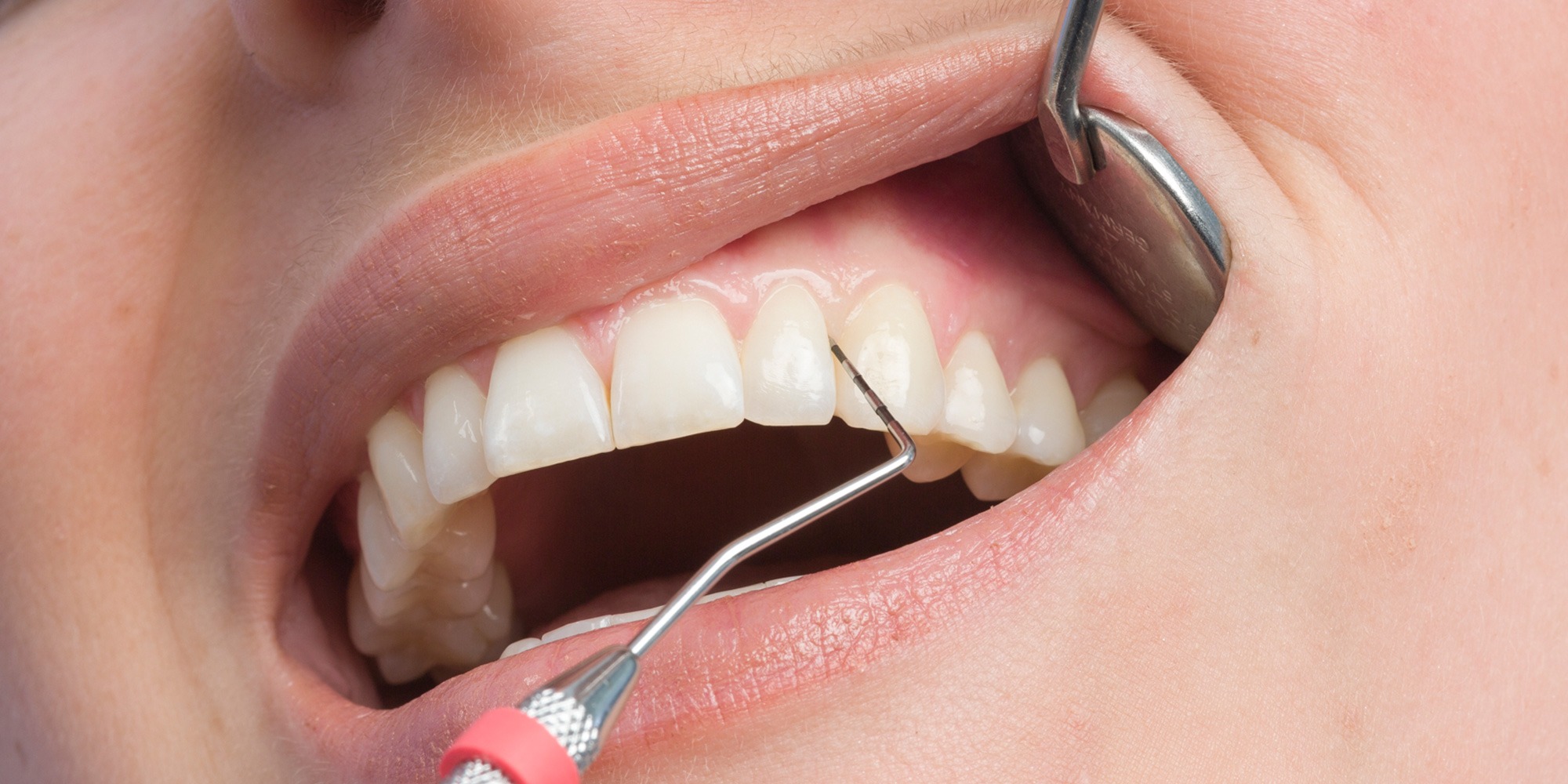
This is the specialty that diagnoses and treats conditions affecting the gums and the periodontal tissues. Periodontal tissues are those structures that help support the tooth – including bone. Some periodontists (the specialists in this area) will also place dental implants.
Periodontal disease is a condition that affects the supporting tissue of the mouth. There are two main stages of gum disease: gingivitis (the less severe condition, only affecting the gums) and periodontitis (where all the supporting structures are involved). Although there are numerous signs and symptoms associated with periodontal disease, you may not realise you have the disease. Your dentist will check for signs of periodontal disease during your checkup.
The symptoms are gums that tend to bleed easily, especially when brushing, gums that are sensitive and turn red, detachment of the gums from the teeth creating spaces that are known as periodontal pockets, constant bad breath or bad taste in the mouth and loose teeth. Periodontal disease can lead to permanent teeth loss, a change in the bite, or a change in the fit of partial dentures. Many older adults will loose more teeth as a result of periodontal disease than dental decay (caries).
A periodontist treats oral health issues that affect your periodontium (the tissues around your teeth). This includes your: